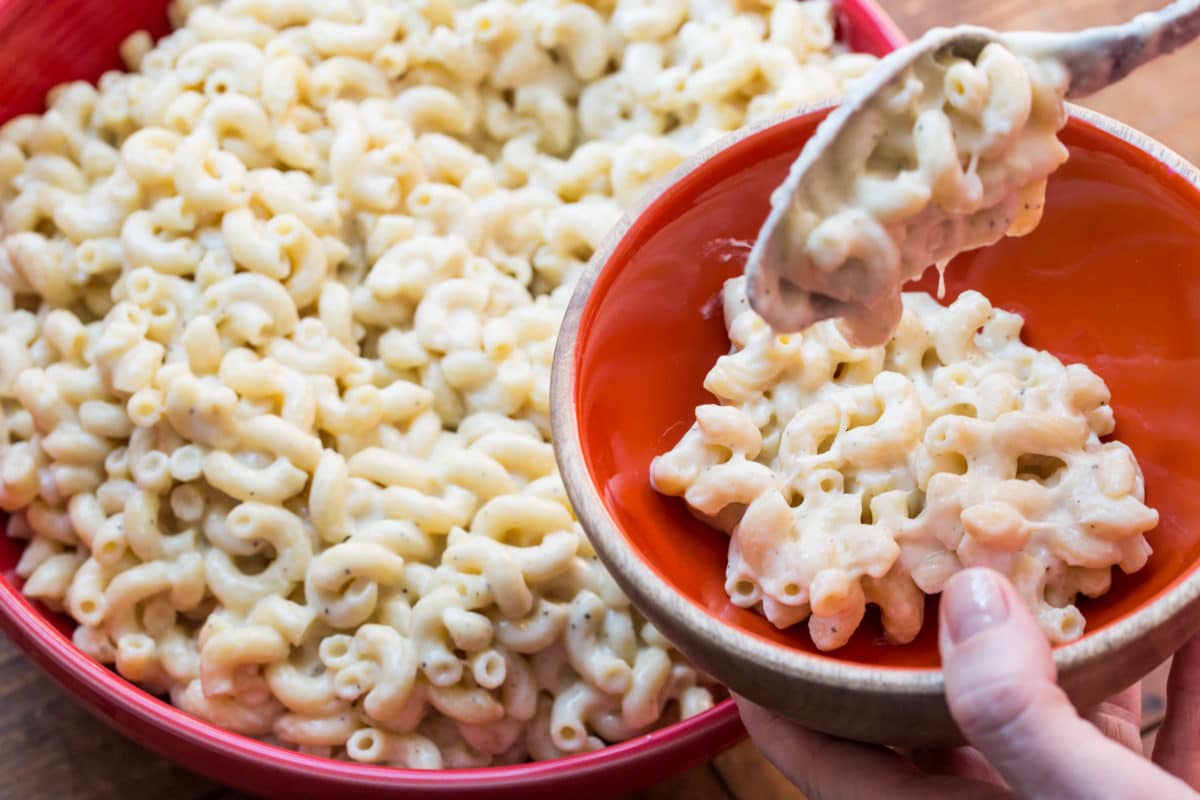
The French have a reputation for being health-conscious and physically fit. Markets, small butchers and bakers, as well as bioproducts and stores, are all their favourites. It’s worth delving deeper into the term’s sense as the international movement for sustainable and organic agriculture and growth expands.
When it comes to organic products in France, you’ll find a variety of labels, many of which contain the words “bio” or “Biologique,” which is the French equivalent of “organic.” Visit BienManger in France for all your organic grocery needs, or look for the green leaf at your local Monoprix or Franprix. You can look for reviews of other companies in France on Amon Avis that specialize in organic products to understand more about the variety of labels.
The European Union bio leaf logo and the AB logo are the two most important words to look up. The AB (Agriculture Biologique) logo was created by the French Ministry of Agriculture and Fisheries in 1985 to identify products as organic as specified by French law. The ‘Euro leaf’ was first adopted in 2010 as part of a European-wide effort to standardize organic legislation. Their requirements are similar, but the AB logo appears only on French products, while the ‘Euro leaf’ appears in the European Union.
As a result, the AB logo could have been discarded altogether, but the government chose to retain it because of its widespread recognition. Because of the strict government regulations in effect at both the national and international levels, you can be confident that when a product says its “bio,” you know exactly what that means. Food branded as “naturel” is subject to various regulations, so whether you see a green leaf, an AB, or the word “bio,” you’re dealing with a federally regulated organic product.
But what does it mean when a product is labelled as “bio” (i.e., organic)? The following are the most important qualifiers.
- GMOs (Genetically Modified Organisms) or products derived from GMOs are not present in the products.
- Antibiotics should only be used on animals or plants under strict conditions. Antibiotics are generally prohibited in animals (except in life-threatening situations). Antibiotics such as streptomycin and tetracycline are frequently prohibited.
- Any of the animals don’t use hormones.
- Pesticides, herbicides, and artificial fertilizers are not allowed.
Natural ingredients must account for at least 95% of the product’s ingredients. The 95 per cent rule is based on the fact that it is difficult to search for accidental cross-pollination of non-GMO plants by GMO plants 100 per cent of the time.
During an occasion known as the US-EU Organic Equivalency Arrangement, the European Union and the United States agreed to align their organic farming activities in 2012. It necessitated close collaboration between the European Union Organic Program and the United States Department of Agriculture’s National Organic Program, which controlled organic farming activities on both sides of the Atlantic. (It’s worth noting that the FDA has little power over the term “clean”; the agency only deals with public health issues and does not believe organic food has any health benefits.)
By agreeing to a set of standards for deciding what “organic” means, this agreement allows EU organic foods to be labelled and sold as such in the United States, and vice versa. Companies no longer have to spend a lot of money and time having their products double-certified to meet each category’s specifications. So, suppose you see a green bio leaf on a grocery item or a USDA Organic stamp. In that case, it means the product is held to almost identical specifications, with the only difference being the location where it was grown.
Organic seals are compulsory on European Commission-certified organic products made in Europe, but they are optional on USDA-certified organic products. Organic products sold in the European Union must be produced in the European Union, just as you must produce organic products made in the United States.
Unlike the United States, the European Union has organic aquaculture standards (i.e., fish, shellfish, and aquatic plants). That is, fish with a green bio leaf are hormone-free, fed organically, and held in high-quality water.
There is no proof that organic food has any more health benefits than non-organic food (or that it is necessarily better for the environment). Knowing where your food comes from is always a good idea, particularly if animal welfare is concerned.







